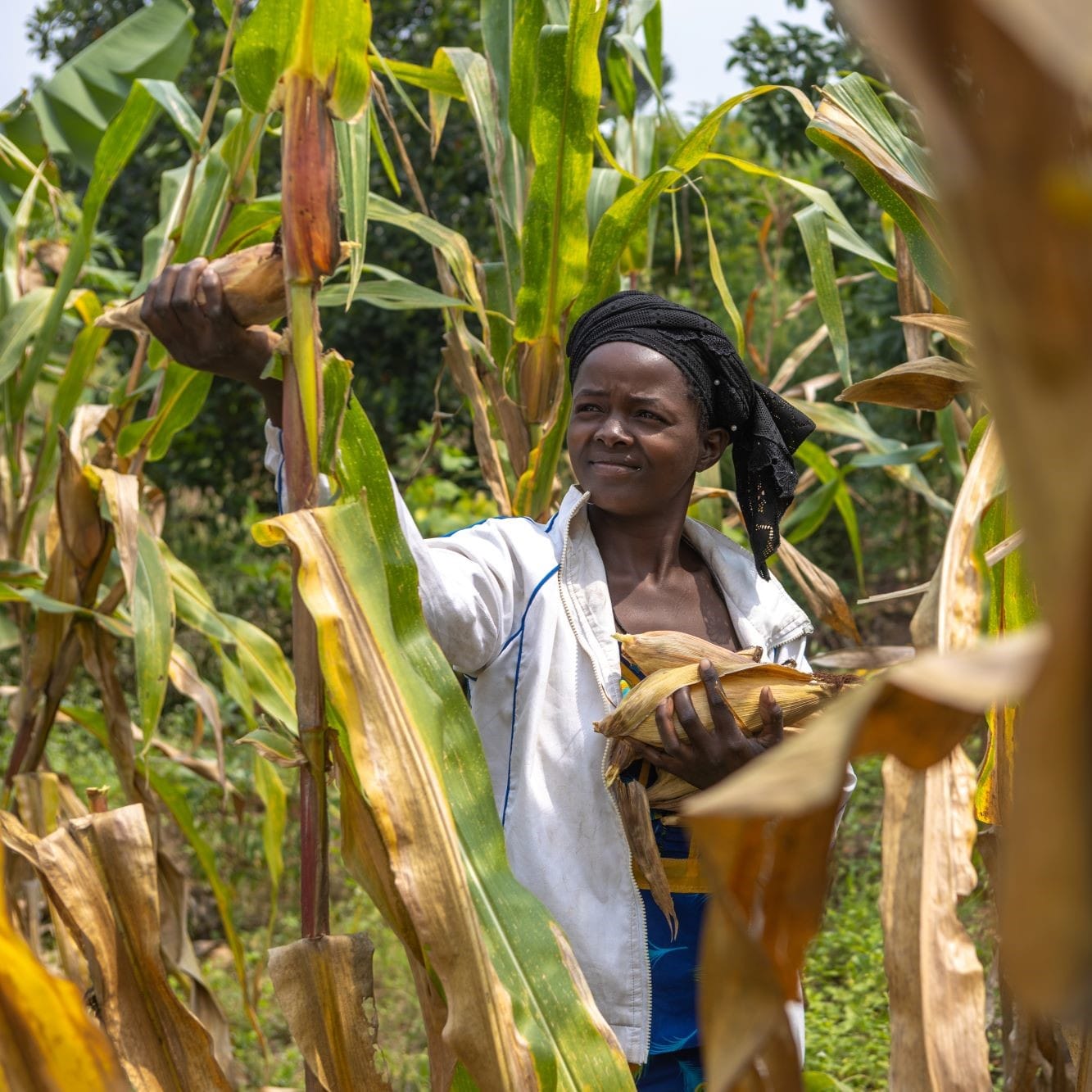Every year on this day, May 21, the United Nations celebrates what it calls the World Day for Cultural Diversity for Dialogue and Development.
“Cultural diversity,” says the UN, “is a driving force of development, not only with respect to economic growth, but also as a means of leading a more fulfilling intellectual, emotional, moral and spiritual life.”
At DAI, we have never made much of this day. Perhaps we have been complacent. After all, we tell ourselves, we already uphold “global citizenship” as one of our four cardinal values, alongside integrity, responsibility, and excellence.
But this year, at a time when demagogues the world over have found renewed license to demean other cultures and people of all faiths have found themselves under attack for their beliefs and cultural practices, it seems fitting to mark a day like May 21.
What do we mean by global citizenship? Here’s the full text from our values statement:
We are a global company with a global outlook. We depend on our diversity and inclusiveness, respect the cultures in which we work, and treat everyone, everywhere with professionalism and dignity. We thrive on collaboration with our partners around the world, and share with them the hope that our work will leave the world a better place.
Part of me would like to leave it there. But let me flesh out just a little why we include these beliefs in our charter.
The Standard Business Case
First, enterprises that embrace cultural diversity (indeed diversity of all kinds) do better as businesses. In consecutive and increasingly well-sourced studies—Why Diversity Matters (2014) and Delivering Through Diversity (2017)—McKinsey found that companies scoring well on racial and ethnic diversity in their senior leadership teams tend to outperform their peers. “For ethnic and cultural diversity,” they write, “the 2014 finding was a 35 percent likelihood of outperformance, comparable to the 2017 finding of a 33 percent likelihood of outperformance.”
The authors theorize that more inclusive companies are better positioned to attract talent, understand and serve a contemporary customer base, engage employees, and improve their decision making.
On the talent front, diversity is a particularly pressing issue for younger people. Almost half of Millennials, for example, consider workplace diversity and inclusion important in their job search, compared to 33 percent of Gen Xers and 37 percent of Boomers.
Diversity and the Global Development Company
Compelling as it is, the consensus that cultural diversity makes for good business is not what motivates us to be global citizens. What motivates us is the recognition that in order to be good development professionals, we absolutely have to understand, respect, and engage with the diverse cultures in which we work.
We’ve always known this. It’s no accident that many of DAI’s most storied development staff and our long-time CEO, Tony Barclay, were cultural anthropologists by training. The fundamental importance of cultural understanding was once again brought home by the Next-Generation Development Professional survey we conducted last year with USAID and Devex.
We asked more than 900 development professionals about the soft skills they must have to succeed in their field, and 73 percent of them said they need a high proficiency in “cross-cultural sensitivity.” That high proficiency rating is second only to “flexibility/adaptability” and “ability to work in teams” among the 17 soft skills we tested.
![slide1[2].jpg](https://dai-assets.s3.amazonaws.com/blogs/slide1%5B2%5D.jpg)
Issues of culture are also substantively tied to the development challenges we face today. The UN points out, for example, that many of the conflicts snarling development around the world have a cultural dimension. Much of our work in the Center for Secure and Stable States, accordingly, involves bringing otherwise segregated groups together, so that interaction can break down silos of ignorance and distrust; or sponsoring the agents of reconciliation; or equipping culturally marginalized people with the means to advocate in their own interests.
In Myanmar, for example, where ethnic tensions can run high, we support a radio drama aimed at increasing tolerance, countering discrimination, and encouraging responsible engagement with social media. Recent storylines, centering on different cultural practices and religions, were found in a recent evaluation to resonate with listeners and make them more empathetic. The drama reaches 40 percent of Burmese listeners, with a regular audience of 3 million.
On a smaller scale, in Pakistan, we supported a youth diversity camp for 30 seminary students from Punjab. Participants shared rooms with seminarians from different religious and sectarian backgrounds. It’s hard to remain ignorant of someone in such proximity.
Nurturing cultural diversity is also important to economic growth. The World Bank’s Ede Ijjasz and Guido Licciardi point out that creative industries thrive on the juxtaposition of cultures, that tourism across cultures has particular promise for developing nations—consider that travel and tourism represent 10 percent of global GDP and employ 319 million people worldwide—and that diverse cities are drivers of growth.
Indeed there’s a whole literature on the economic benefits of cultural diversity. Two European economists who reviewed that literature, focusing on the effects of immigration over 50 years, conclude that, “Cultural heterogeneity appears to have had a positive impact on economic development, and the positive effect of diversity seems to have been stronger in developing countries.”
The caveat here is that we need to be alert to cosmopolitanism sneering at provincialism. We should be able to celebrate the productivity of vibrant, heterogeneous cities without denigrating the less diverse cultures of rural and isolated places.
For DAI, the key is to be welcoming to all outposts of the human family, in our development work and in our operations as a company. We can certainly do better, and I’m determined that we will. Our commitment to global citizenship is one of the reasons we’re opening more offices in more places around the world—why, over and above the 90 or so countries where we have a project presence, we now have full-time operations and local staff in Nigeria and Pakistan and Palestine and India and Oman, in addition to the United States, the United Kingdom, and Belgium.


It’s why we place a growing emphasis on talent mobility and secondments across geographies and business units. It’s why, to the extent possible under the securities law governing their respective countries, we have opened ownership options to all global corporate employees.
The precepts of tolerance and inclusion—listening to each other, learning from each other, searching for common ground—should be obvious. They should, as the saying goes, go without saying. But sometimes you have to go back to first principles.
May 21 is a good day to remember ours.





